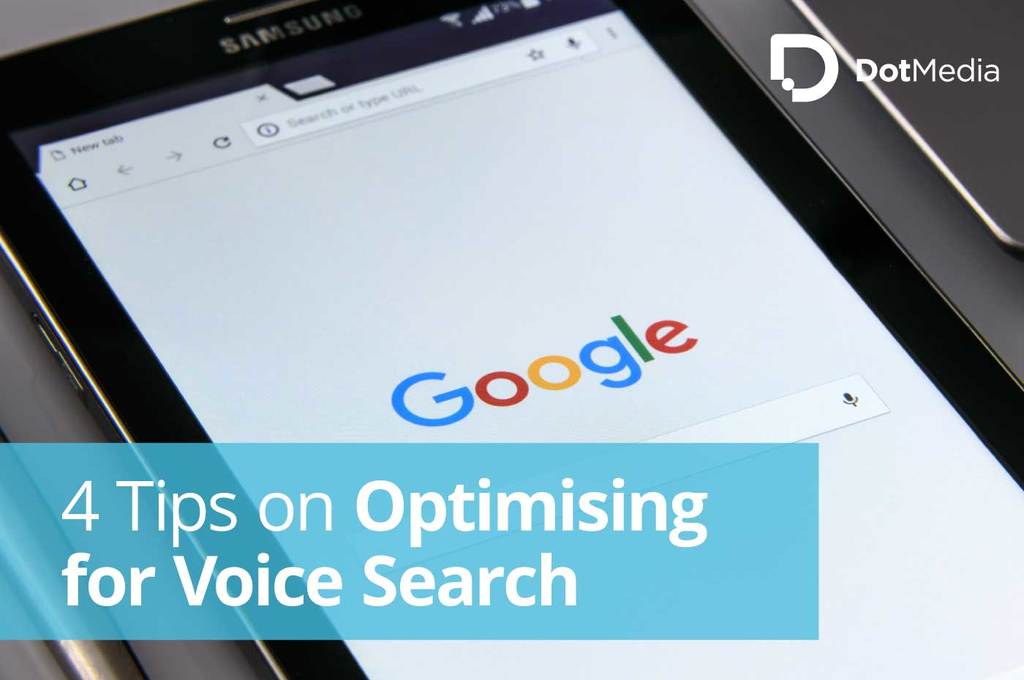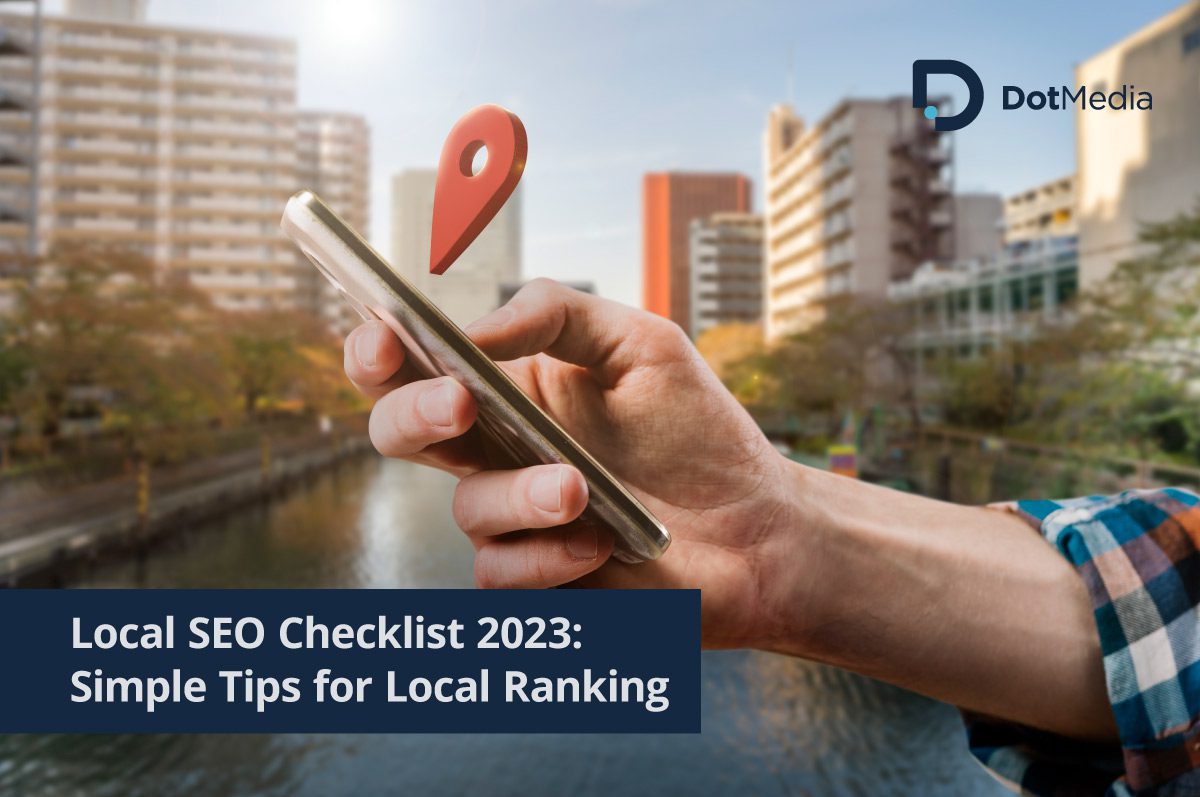4 Tips on Optimising for Voice Search
Voice search is quickly becoming the next big thing in the SEO industry and its popularity will only grow. Therefore, it’s best that you prepare yourself for a major shift in trends. Voice search is a highly convenient tool to use in order to find the information you need, as you can do it while you’re driving, reading, or working without having to waste your time typing it down.
Therefore, you will need to adjust your strategy around this behaviour to ensure that you can see an improved ROI.
If you’re looking to prepare your website for the surge of voice search, here are four things you need to prioritise:
1. Do Some Keyword Research
It should go without saying that people use different keywords when they’re using voice search, as they may not have as much time to think about what they want to ask. For example, when you’re sitting down and thinking about what you want to learn more about, you may have more time to come up with a better-worded question.
When you are using voice search, however, the keywords may be shorter and simpler. It’s crucial that you understand these trends and use them as guidelines for your content plan. You will need to talk to your SEO team about how you can adjust your keyword strategy to fit with this shift in trends.
It’s best that you learn more about the effects that this will have on your keyword strategy before you launch your new voice search campaign.
2. Optimise Your Site Structure According to the Demands
The voice search feature will also have an effect on how your website is browsed, so it’s imperative that you make adjustments to the site structure to fit with the rise in the different demands. For example, you may find a way to make it more compatible with the search feature of Google Home or Alexa.
Additionally, the shift from traditional searches to voice search means that the way you design the customer journey will be different as well. Instead of using the website as a way to entice people to make conversions, you will need to use a piece of information or listed promotion instead.
For example, Google Home may be able to see that you’re hosting a discount event and notify the audience of it, which will help you to get more sales.
3. Base Your Strategy Around Empirical Evidence
It’s crucial to make sure that your optimisation strategy is based on empirical evidence and not anecdotes. Sure, you may have seen some success on an experiment that you’ve tried, but that shouldn’t be used as the main direction for your campaign until it’s been studied further.
While it’s true that a hunch may pay off from time to time, it’s still exponentially more consistent to conduct research and use your findings as a guide. For this reason, it’s imperative that you make as many case studies and A/B testings as possible before you launch your campaign.
4. Work with a Voice Search Tool Expert
It’s difficult to understand how Google Assistant or Alexa works unless you work with a professional, so we recommend that you bring an expert on board.
These professionals have a thorough understanding of the voice search algorithm, so it’s a good idea to work with them to have a better grasp of how the system works. We also recommend that you learn more about voice optimisation to make sure that you can keep up with the shifting trends.
If you’re looking for an SEO agency in Devon, Dot Media is here to help!
Get in touch today for a free consultation.





